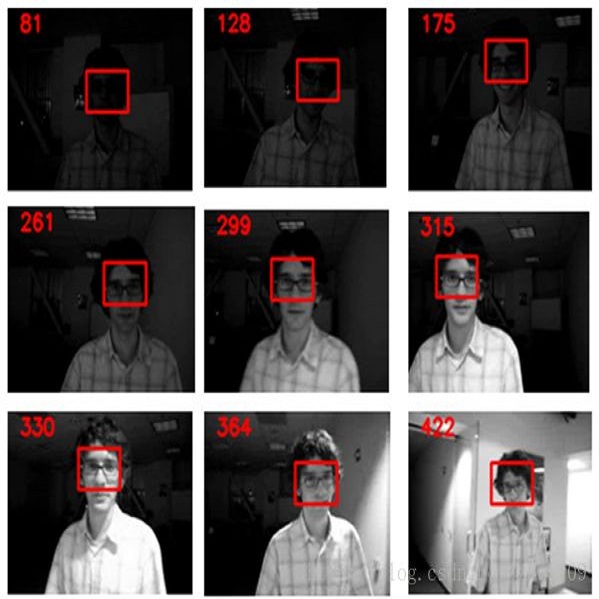Multimodal fusion (MMF) plays a critical role in the perception of autonomous driving, which primarily fuses camera and LiDAR streams for a comprehensive and efficient scene understanding. However, its strict reliance on precise temporal synchronization exposes it to new vulnerabilities. In this paper, we introduce DejaVu, an attack that exploits the in-vehicular network and induces delays across sensor streams to create subtle temporal misalignments, severely degrading downstream MMF-based perception tasks. Our comprehensive attack analysis across different models and datasets reveals the sensors' task-specific imbalanced sensitivities: object detection is overly dependent on LiDAR inputs, while object tracking is highly reliant on the camera inputs. Consequently, with a single-frame LiDAR delay, an attacker can reduce the car detection mAP by up to 88.5%, while with a three-frame camera delay, multiple object tracking accuracy (MOTA) for car drops by 73%. We further demonstrated two attack scenarios using an automotive Ethernet testbed for hardware-in-the-loop validation and the Autoware stack for end-to-end AD simulation, demonstrating the feasibility of the DejaVu attack and its severe impact, such as collisions and phantom braking.
翻译:暂无翻译



